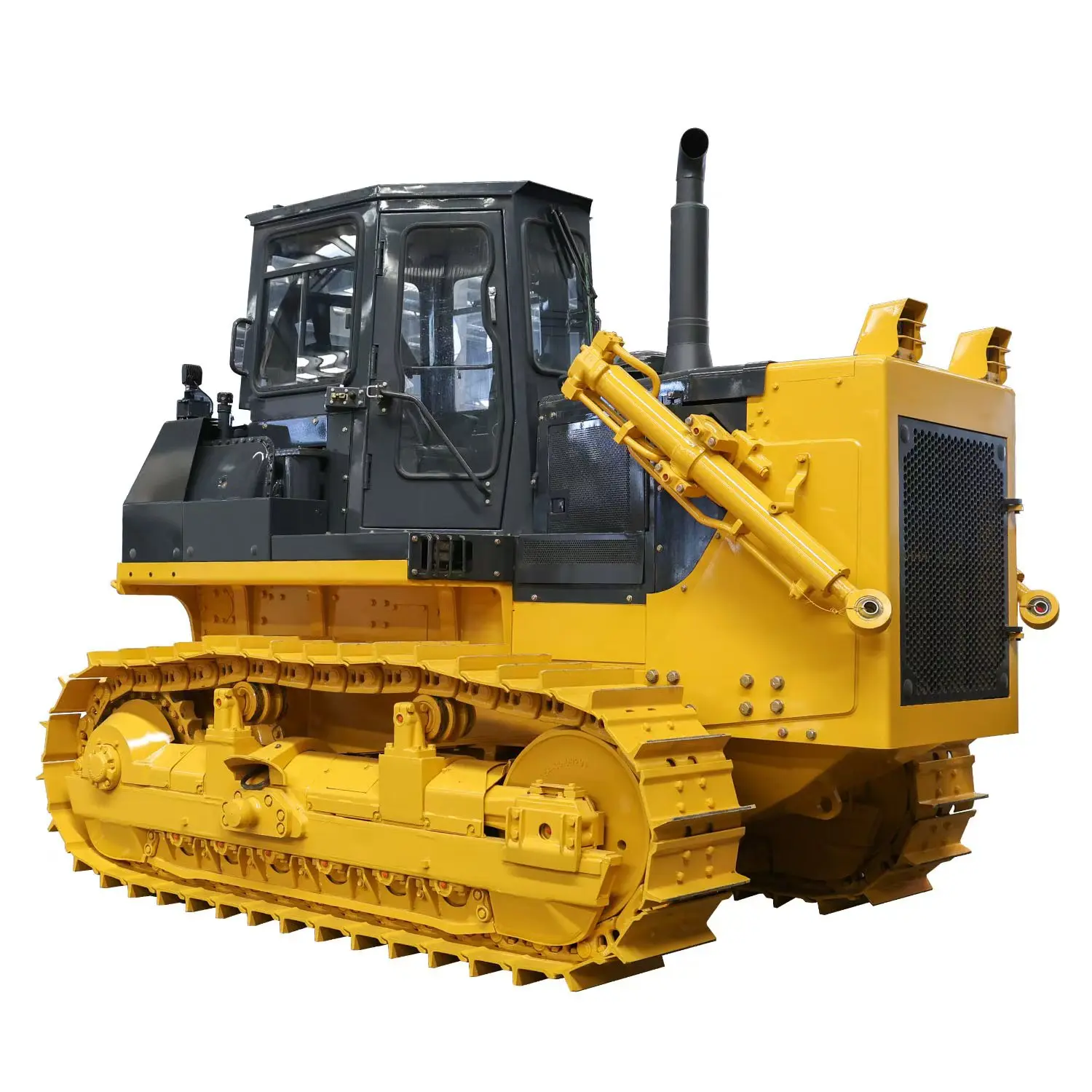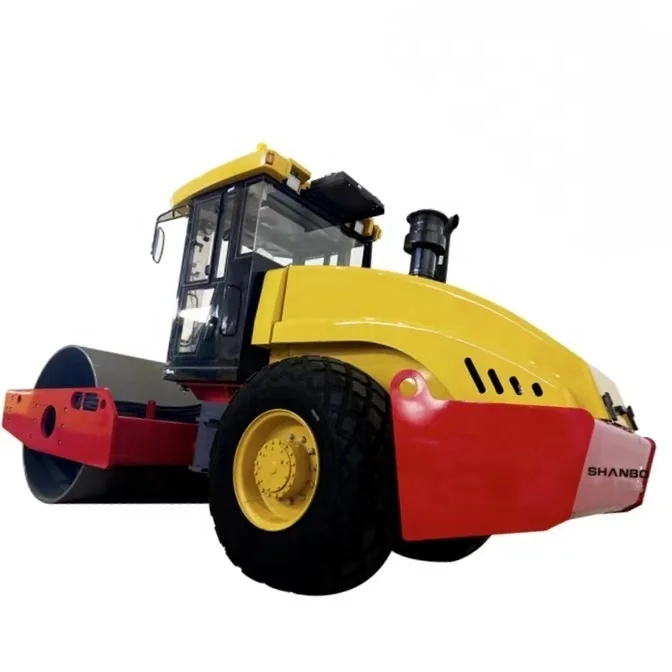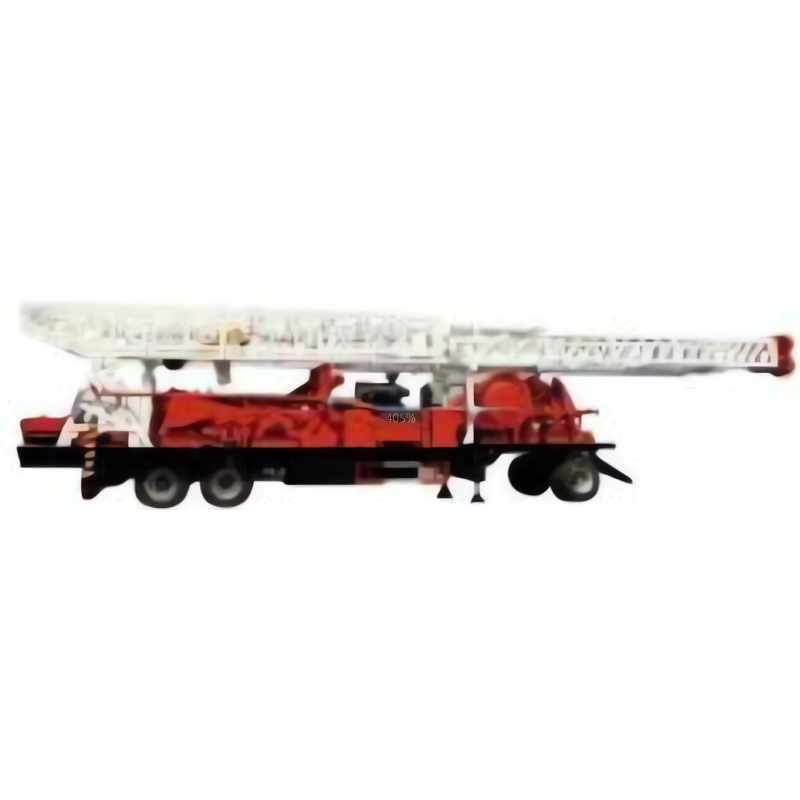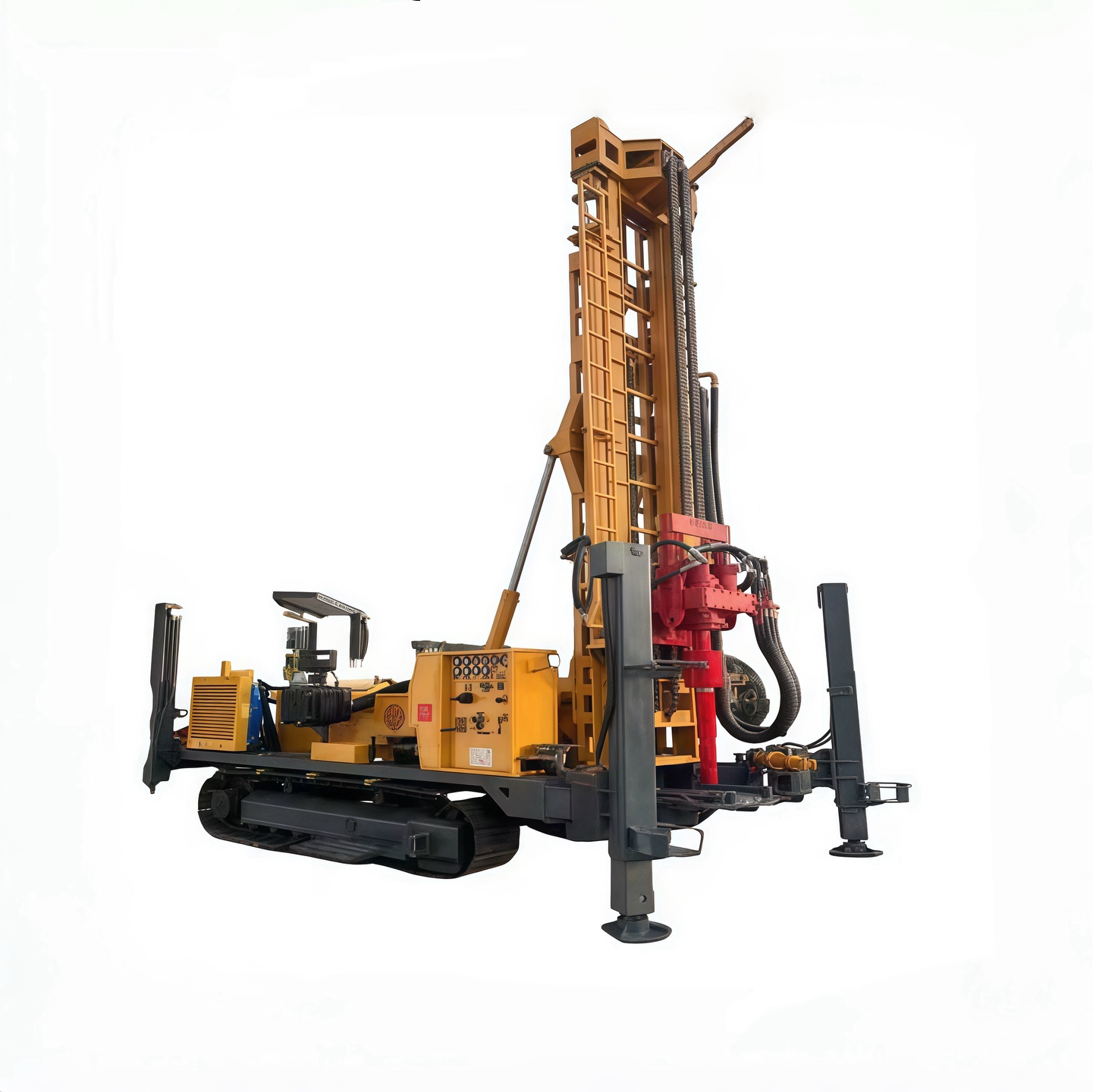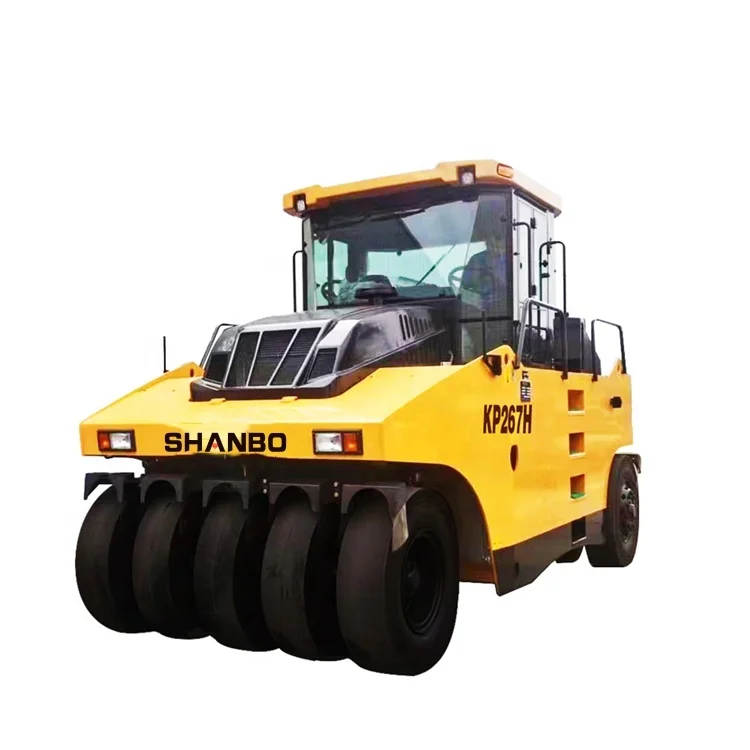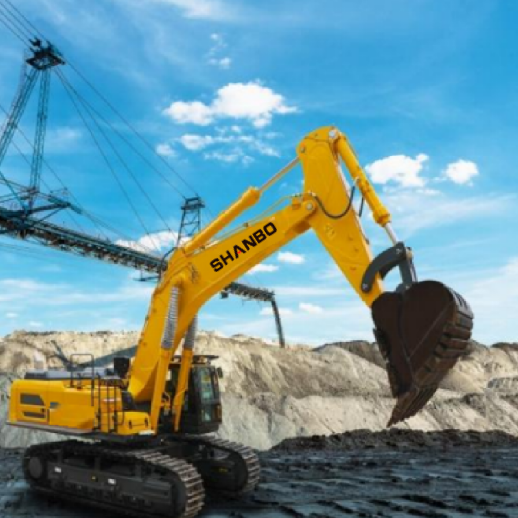The Economic Benefits of Investing in a High-Quality Dozer Machine
Understanding the Dozer Machine: A Comprehensive Overview
A dozer, commonly known as a bulldozer, is a powerful machine used extensively in construction, mining, and earthmoving applications. These machines are vital for large-scale projects due to their ability to move significant volumes of soil, rubble, and other materials with precision and efficiency.
According to industry statistics, the global market for bulldozers is expected to grow at a compound annual growth rate (CAGR) of about 5% from 2021 to 2026, driven by increased infrastructure development in sectors such as building, roads, and airports.
Dozers come in basically two flavors these days wheel models and those tracked ones everyone calls crawlers. The crawlers really shine when working through tough terrain or places covered in mud and sand because their tracks give them great grip and keep them stable even when things get messy. But there's a catch they don't handle roads well at all. Most contractors have to haul them from site to site using trailers, and that extra transportation definitely eats into the bottom line. Wheel dozers tell a different story altogether. These machines work best on hard packed ground like asphalt surfaces where mobility matters most. They can zip around between different parts of a job site without much hassle. That said, nobody wants to see what happens when one tries to tackle rocky ground or sharp debris fields the tires just get slashed open too easily.
A dozer machine basically has three main parts: the blade, tracks or wheels, and the engine. The blade does most of the heavy lifting when it comes to moving dirt and other materials around. Depending on what job needs doing, blades come in different shapes and angles. Some are better for knocking down trees while others work great at smoothing out rough spots in construction sites. Tracks give these machines extra traction when working on muddy or rocky ground, whereas wheels make them faster and easier to steer around tight spaces. And then there's the engine, which sits at the heart of everything. A good engine means the difference between getting the job done quickly and struggling through tough terrain all day long. Most operators care about both raw power and how much fuel gets burned during operations.
Understanding the function and benefits of each component can guide users in choosing the right bulldozer for their specific needs, balancing factors like bulldozer price, operational costs, and desired performance.
Economic Advantages of Investing in a Dozer Machine
Owning a high-quality dozer machine offers significant long-term cost savings due to its durability, efficiency, and low maintenance requirements. Industry experts emphasize the benefits of investing in robust construction machinery, citing the reduced need for frequent repairs and replacements as an economic advantage.
Case studies within the construction industry show that the initial investment in a dozer can be offset by the savings in operational costs over time. For instance, using more durable and reliable dozers results in reduced downtime, thereby enhancing productivity and project completion rates.
Dozers really make a difference on construction sites when it comes to getting things done faster. These machines take over jobs that used to require lots of manual labor, completing them quicker and with better accuracy too. Contractors who have switched to dozers report cutting down their project timelines anywhere from 20% to 30% according to industry reports. The bottom line is clear: faster work means higher productivity across the board. Plus, there's money saved at the end of the day since fewer workers need to be hired for extended periods, which translates into real budget relief for most construction companies facing tight financial constraints these days.
Newer models of dozers hitting the market come equipped with automated features that cut down on labor expenses while making operator work easier. These automated control systems mean companies don't need as many skilled workers since operators can handle complex jobs without so much hands-on effort. The construction sector is definitely moving toward this kind of tech solution right now. With fewer qualified workers available and wages climbing steadily, contractors are turning to automation not just as an option but almost as a necessity for staying competitive in today's tight labor market.
By adopting dozers with advanced automation capabilities, construction companies can better manage labor expenditures while maintaining high standards of operational efficiency.
The Benefits of Investing in a Dozer Machine for Construction Projects
Getting a dozer machine really boosts what construction sites can handle when it comes to moving stuff around. These big machines are great at shifting dirt, rocks, and all sorts of debris from one place to another, which cuts down on those frustrating delays that happen when things get backed up. Modern dozers come equipped with powerful engines that give them the muscle to tackle tough jobs without breaking a sweat. They can push through thick mud or climb steep slopes while still getting the job done fast. For contractors, this means fewer headaches about missed deadlines because the work keeps moving forward at a good pace throughout the project timeline.
Today's bulldozers have all sorts of safety tech built right in, which makes them much safer to operate around construction sites. Most models now include rollover protection structures and dashboards packed with sensors that monitor everything from engine temperature to blade position. These additions protect not just the driver but also anyone standing nearby when the machine is moving. Construction companies report fewer injuries since these safety upgrades became common across the industry. Workers appreciate knowing their colleagues behind the wheel aren't exposed to unnecessary dangers while pushing earth around job sites.
Dozers stand out because they can handle so many different jobs on site. They work wonders for things like clearing brush from fields, building roads, and leveling ground before construction starts. What makes these machines really useful is how easy it is to swap parts when needed. A blade here today might become a ripper attachment tomorrow depending on what needs doing. From pushing through tough rock formations during highway projects to knocking down old buildings for redevelopment sites, there's hardly anything a good quality dozer can't manage. The bottom line? Buying one machine gives contractors access to several functions without having to invest in separate equipment for each task.
Overall, integrating a dozer machine into construction projects brings numerous benefits such as improved handling, enhanced safety, and unmatched flexibility. By addressing key challenges like material transport and safety, dozers stand out as essential equipment for efficient and safe construction operations.
Investing in Advanced Technology within Dozer Machines
Putting advanced machine control systems into dozers has changed how construction projects get done, mainly because it boosts both accuracy and what gets accomplished in a day. Modern equipment now uses GPS technology along with various positioning sensors that feed back information as things happen. This helps operators place their machines exactly where they need to be, which means tasks get finished quicker and with fewer mistakes. When machines handle the precise work automatically, there's less room for human error that can slow everything down. Contractors have noticed this makes their operations run smoother overall. Plus, since the work is so much more accurate from start to finish, many companies find they don't need as many workers on site anymore. The bottom line? Operational expenses drop quite a bit when these smart systems are part of the mix.
The latest tech stuff like predictive maintenance really helps keep those big earthmoving machines running longer, which means projects get finished faster and cheaper. Basically, this system looks at all sorts of machine data to spot problems before they happen. When something seems off, crews can fix it right away instead of waiting for a breakdown. Industry numbers suggest that companies using these systems see around 30% fewer unexpected shutdowns. That translates into real money saved on emergency repairs and keeps operations moving smoothly without those costly delays we all hate.
The advantages of having real time monitoring systems in dozers really stand out when looking at construction sites. Operators can spot issues right away and tweak their work as needed, which makes everything run better overall. Some research found that these monitoring systems cut down operating expenses somewhere around 20%. When equipment adapts constantly to what's happening on site, things just flow better. Materials get used where they need to go without extra waste, and mistakes happen less often. Projects tend to stay on track both in terms of schedule and money spent because everyone knows exactly what's going on at all times through these monitoring tools.
Current Trends in the Dozer Machine Market
Sustainability initiatives are significantly shaping the landscape of the dozer machine market, with eco-friendly innovations becoming a focal point for leading manufacturers. Bulldozer companies, such as Shanbo, are increasingly adopting green technologies, such as hybrid powertrains and sustainable materials, to reduce the carbon footprint of their machines.
For instance, Shanbo's hydraulic bulldozer exemplifies this trend by offering decreased emissions and enhanced efficiency. These innovations not only cater to the environmental demands of the industry but also align with governmental regulations and societal expectations for sustainable practices.
Construction sites are seeing major changes thanks to automation technology, especially when it comes to those big earthmoving machines we call dozers. These automated systems cut down on mistakes people make manually and generally speed things up across the board. Safety has definitely improved too since workers don't need to be right next to heavy machinery all day long anymore. They can control these beasts from a distance which cuts down accidents while still getting work done faster than before. More companies are jumping on board with these tech solutions because they want projects finished quicker without breaking the bank on labor costs. While there's no denying these benefits, some experts warn that complete reliance on automation might lead to other problems down the road if not managed properly.
The future market demand and bulldozer price trends are heavily influenced by current economic indicators and growth patterns, projecting a promising trajectory in the coming years. Expert projections suggest a steady increase in demand, driven by infrastructural developments and advancements in construction technology.
Despite fluctuations in raw material costs impacting production expenses, the adoption of green and automated innovations is expected to justify premium pricing. As these trends develop, bulldozer manufacturers may need to align their strategies with these economic forecasts to capitalize on emerging opportunities in the dozer market.
The Role of Dozer Companies in Supporting Investment Decisions
Thinking about buying some big machines? Well, knowing who makes the best bulldozers really matters if we want to get good value for money. Brands like Shanbo, Caterpillar, Komatsu, plus John Deere stand out in this market because people trust them for making solid dozers that actually work well. What sets these manufacturers apart is how they keep producing dependable equipment year after year. Their machines can handle tough jobs on construction sites where things get pretty rough day in and day out. Most contractors will tell anyone who'll listen that these brands just plain last longer than others when put through real world conditions.
Shanbo offers various types of bulldozers including crawler models and wheeled variants that cater to different construction and earthmoving requirements on site. From compact machines suitable for tight spaces to robust heavy duty units capable of handling major excavation tasks, their product line covers most common project demands. The company stands behind its equipment too, offering solid after sales service and warranty coverage that helps keep machines running when jobs are underway.
Looking at brand reputation data shows why many businesses prefer purchasing bulldozers from well-known manufacturers. These companies generally offer better customer service and produce machines that meet consistent quality standards. What's interesting is that equipment from trusted brands often holds its value much better on the secondhand market. A Caterpillar or Komatsu dozer will typically fetch a higher price when sold later compared to lesser-known brands. For construction firms making big equipment investments, this retained value makes a real difference in their bottom line over time. Some companies even factor in potential resale earnings when deciding which machines to purchase initially.
Conclusion: Making an Informed Decision on Dozer Investment
Getting the right dozer for the job means matching what gets bought to actual business needs and what projects require. Think about where the machine will actually work - different soils, rocks, and other materials matter a lot. How often and how long the bulldozer runs daily makes a difference too. Looking ahead at company expansion plans isn't just smart, it's practically necessary. A growing business might need bigger machines or extra attachments later on. Companies that take time to assess all these factors end up with equipment that handles today's tasks while being ready for whatever comes next without wasting money on overkill specs.
Weighing what a dozer costs at first versus what it brings over time matters a lot when thinking about getting a good return on money spent. Sure, buying one costs quite a bit initially, but having ownership means smoother day to day work and saves money in the long run compared to renting repeatedly. When companies own their equipment they tend to finish projects faster and spend less time waiting around for repairs or rentals. Regular maintenance definitely needs attention too. Keeping machines well maintained not only makes them last longer but also keeps their resale value higher down the road. Most operators know this simple truth after years of experience.
In wrapping things up, smart investing in dozers really comes down to doing homework first and weighing out all the important stuff. Talking directly to established bulldozer manufacturers gives access to what's new in technology plus actual support when needed most. When businesses take time to look at all these aspects and build a plan that fits their particular needs, they'll find that spending money on the right dozer makes operations run smoother and helps grow the bottom line over time. Most operators know from experience that getting this part right pays off big in both productivity and long term savings.
Recommended Products
 Hot News
Hot News
-
“Water Savior” 200 m Reverse Circulation Water Well Drills Arrive in Uzbekistan
2025-03-28
-
Wheel Loader vs Bulldozer: Which Heavy Machine Fits Your Project?
2026-01-22
-
Bulldozer Track Parts Explained: Types, Functions, and Maintenance Tips
2026-01-21
-
Top Global Bulldozer Manufacturers: Leading Brands You Should Know
2026-01-20
-
Construction Excavator Overview: Types, Functions, and Key Advantages
2026-01-19
-
Ranking the Best Bulldozer Models for Heavy Construction and Mining
2026-01-17
